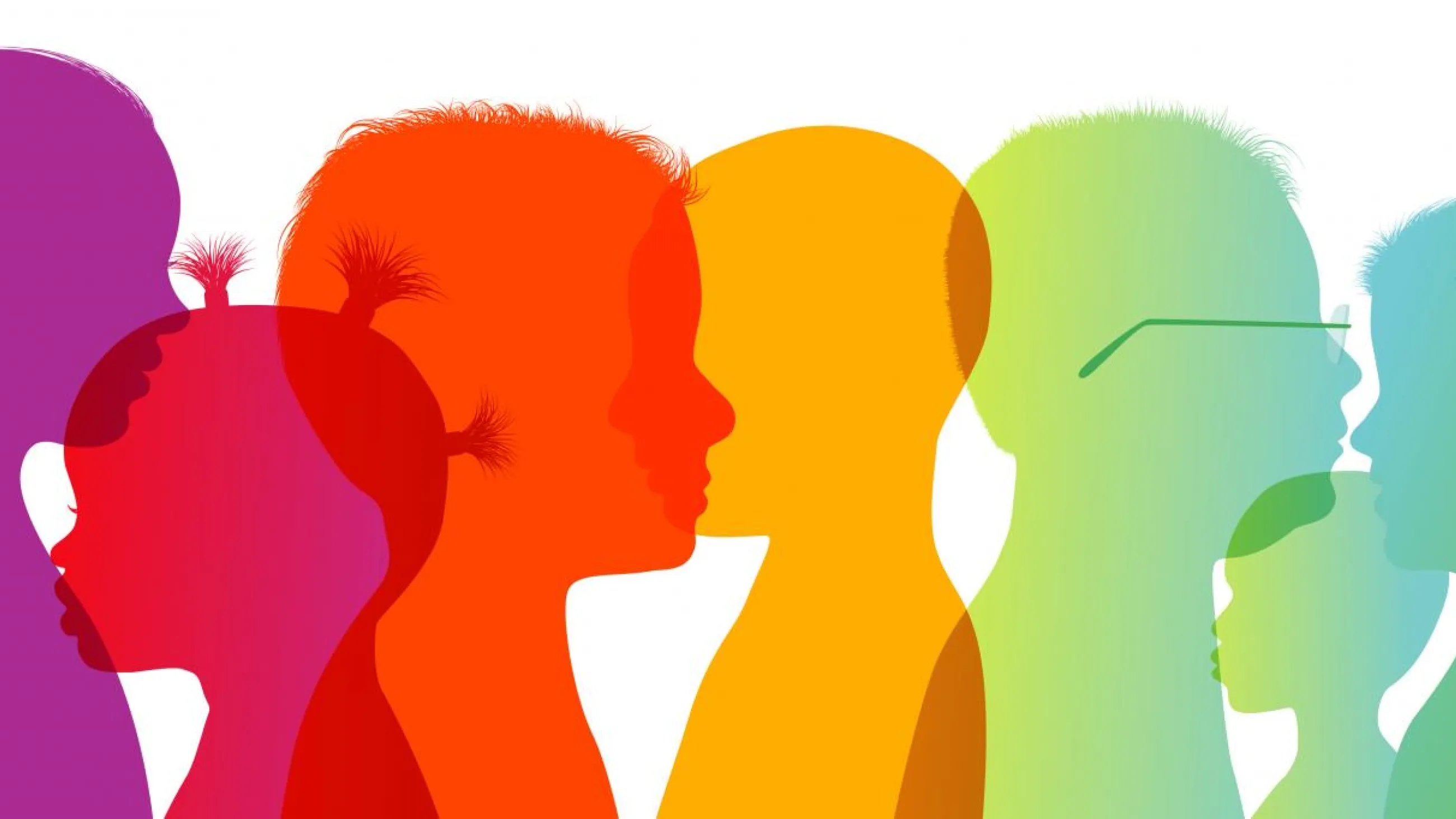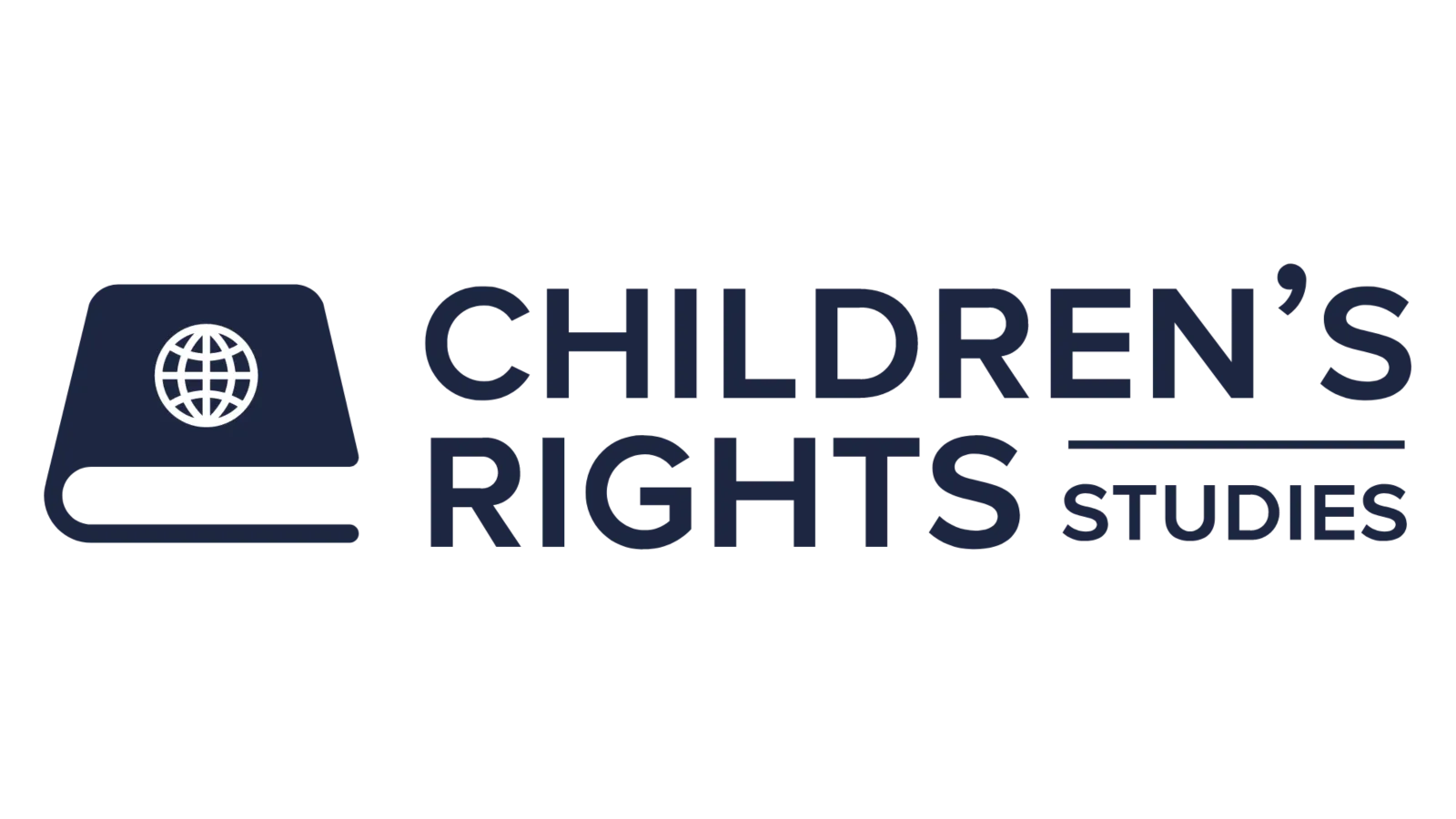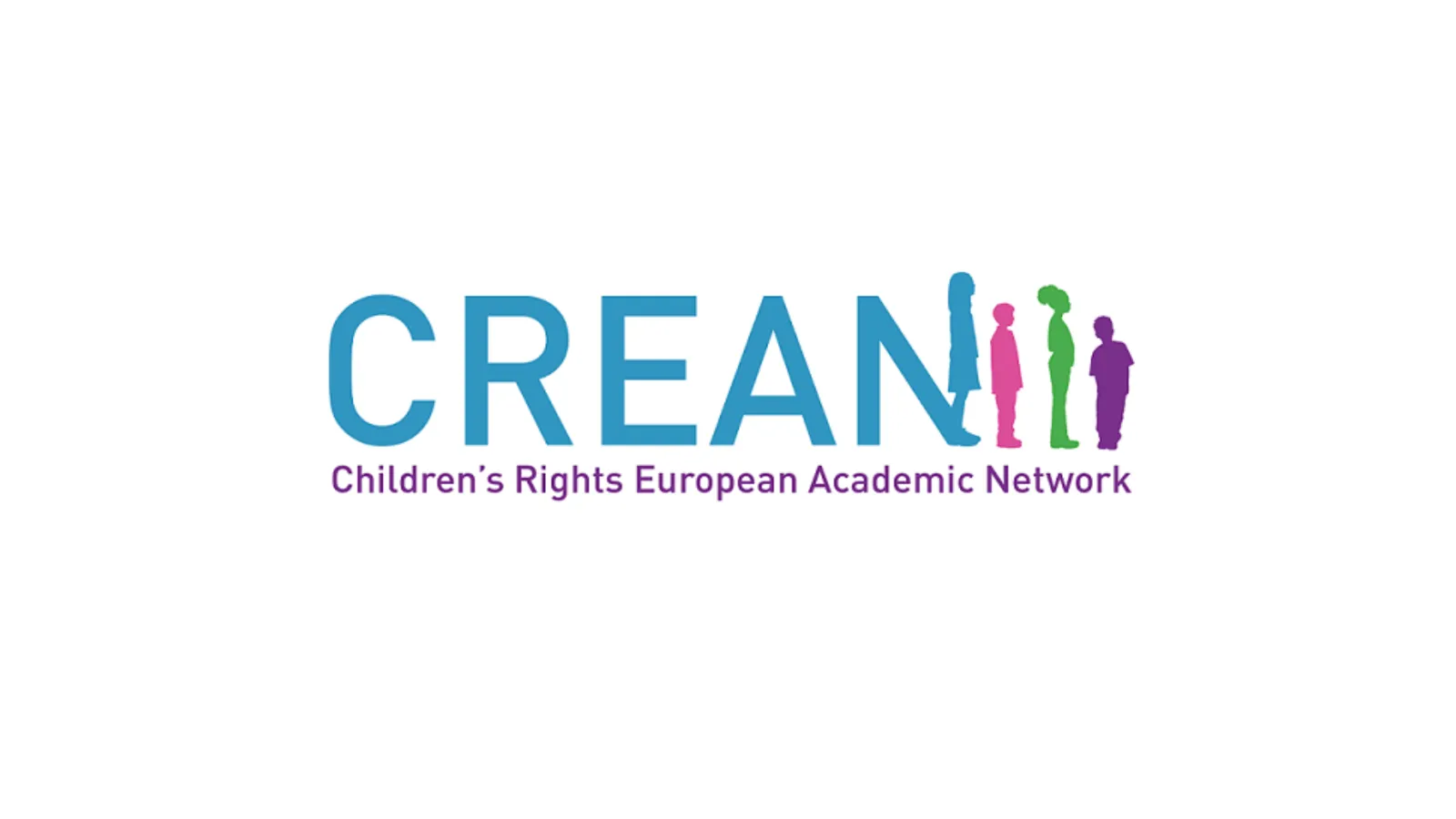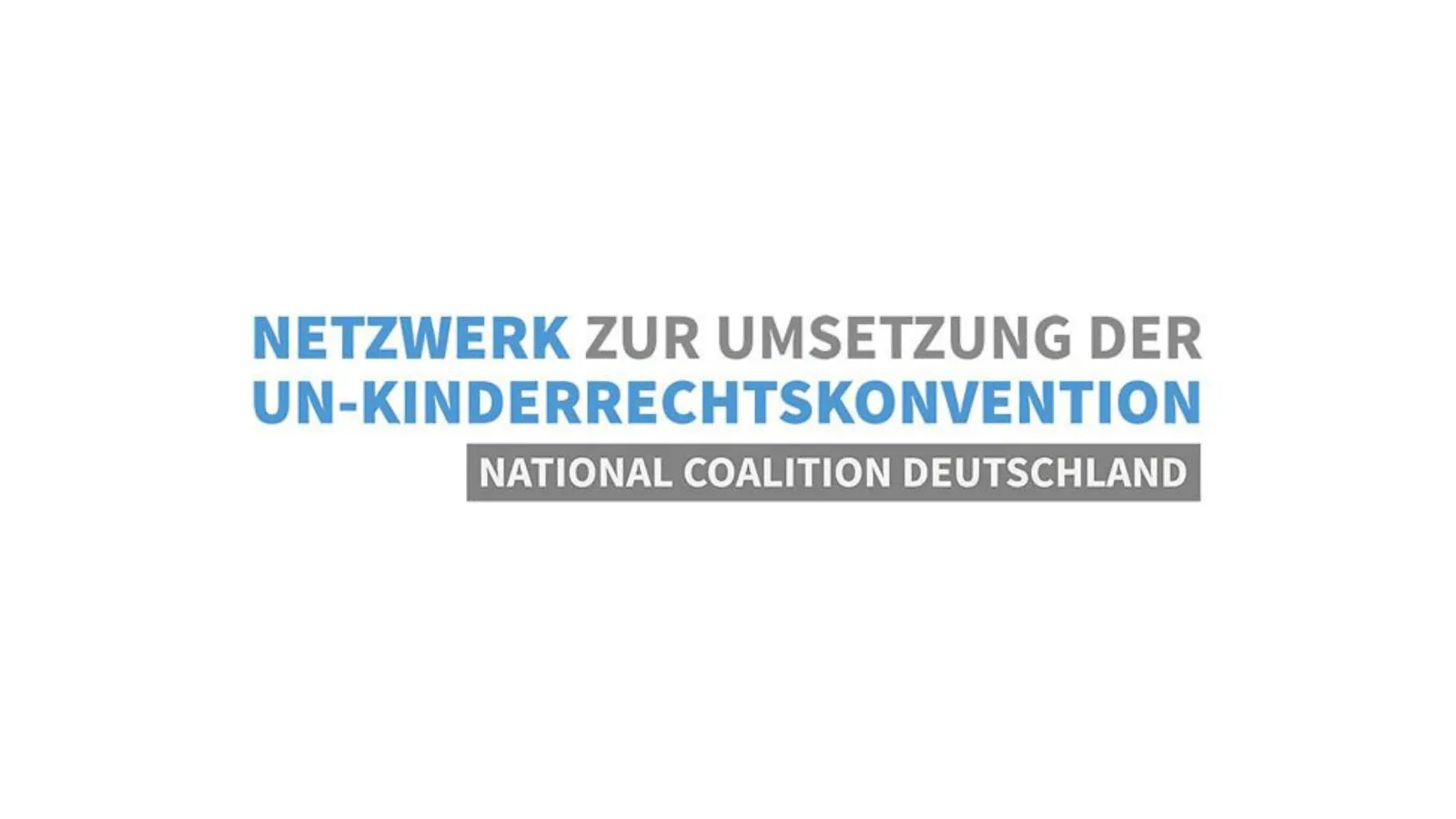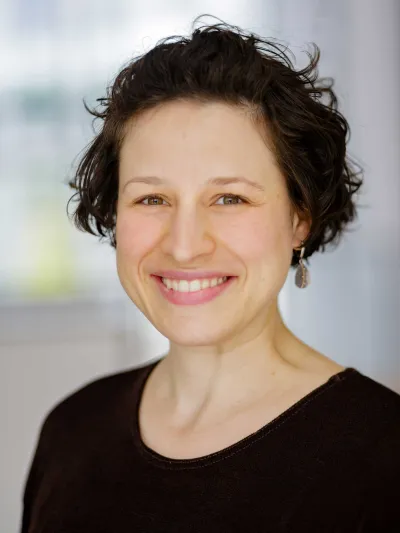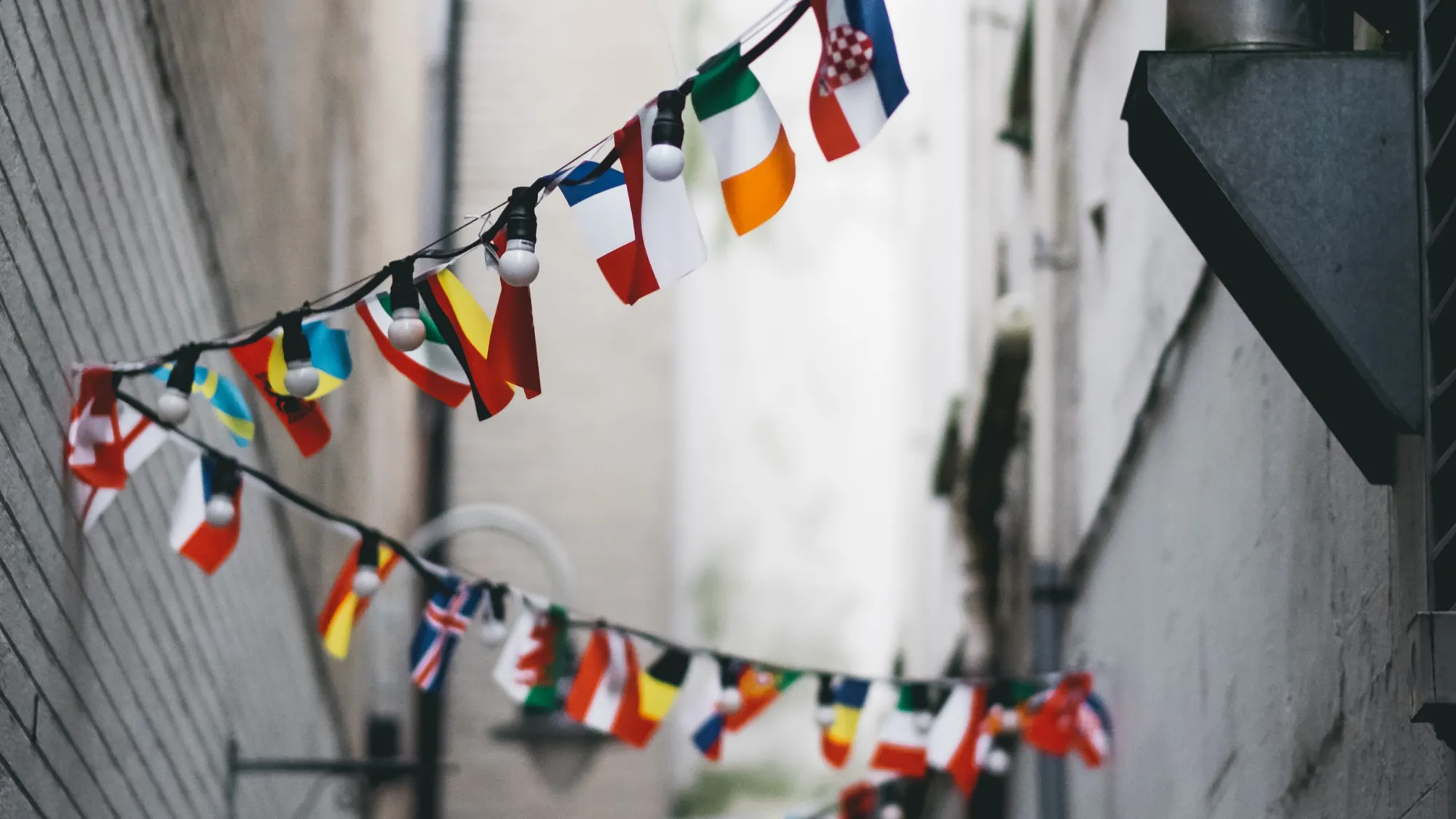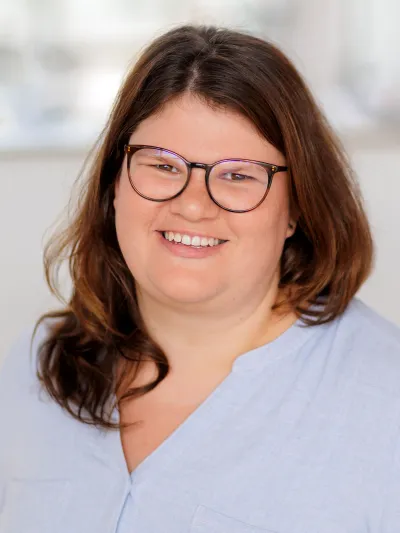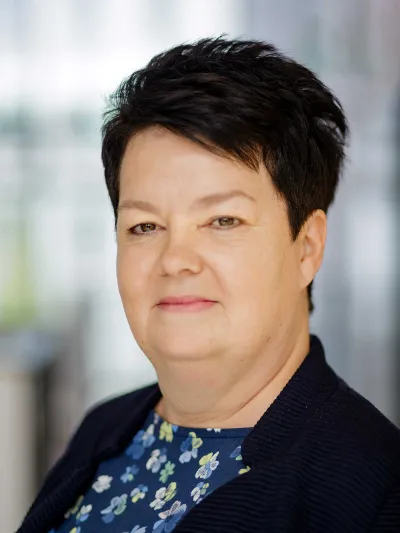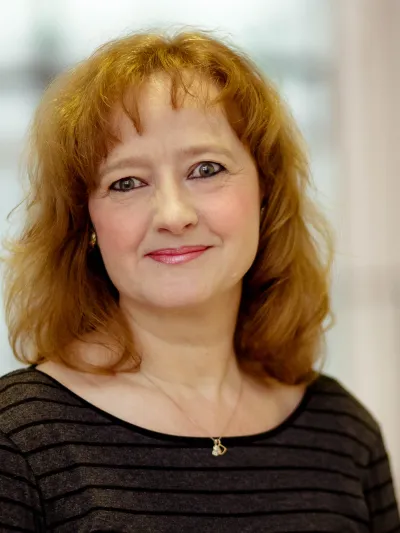Childhood Studies and Children's Rights (MACR) is for anyone who wants to work in the field of children's rights. The program enables you to bring a children's rights approach to the workplace and opens up new ways of working with, for, and about children – theoretically and practically. MACR is offered both fully online and in a blended learning format with face-to-face meetings in Potsdam.
Childhood Studies and Children's Rights (MA)
Profile
International and interdisciplinary degree program
Take advantage of this unique opportunity to study childhood and children's rights in an international setting, with students from around the world and from diverse academic backgrounds.
The degree program enables you to bring a child rights approach to the workplace and qualifies you to pursue a doctorate in the field of child rights and childhood studies. All seminars, tutorials and lectures in the childhood studies and children's rights (MACR) program are offered in English.
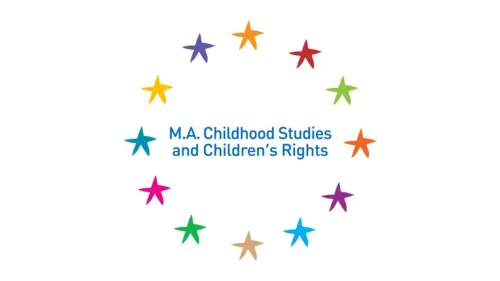
Objectives:
- Theoretical and methodological examination of childhood studies and children's and adolescents' rights.
- Acquisition of professional competencies for work in fields relevant to children's rights (e. g. social work, social pedagogy, law, politics, media, art)
- acquaintance with and application of methods of empirical social research
- If interested, preparation for a doctorate in the field of children's rights
- Getting to know child rights organizations on a national and international level. International organizations (NGOs) participate in MACR through guest lectures, seminars and as a member of the advisory board.
You can book modules 1 -6 individually as continuing education. You will find an overview under "Study contents".
Hybrid study with personal atmosphere
All MACR events are implemented in hybrid formats. We enroll a maximum of 30 students each winter semester who meet on-site and online in the seminars. Faculty support through interactive seminars, lively discussions among participants, and contribute their expertise in the field of children's rights and childhood studies, both in teaching and in advising and supervising seminar papers and theses.
Kontakt
Die Kolleg*innen der Zentralen Studienberatung informieren Studieninteressierte, Studienanfänger*innen, Eltern, Lehrer*innen und Studierende zu allen allgemeinen Fragen rund um das Studium. Bei konkreten Fragen und Anliegen zum Masterstudiengang Childhood Studies and Children's Rights kontaktieren Sie gern die Studienfachberatung.
Studienfachberatung & Studiengangskoordination
These degree programs might also interest you
More courses| Department | Degree programme | Teaching language | Start of study | Application deadline |
|---|---|---|---|---|
| |
Childhood Studies and Children's Rights (MA) | English | Winter semester | Note: This degree programme will no longer be offered from winter semester 2024/25
|
| |
Early Childhood Studies (MA) | German | Winter semester | 15/06 – 15/10 (free of admission)
|
| |
MA Social Work with a Focus on the Family | German | Winter semester | 15.05. – 22.06. (NC degree program)
|
| |
Social Management (MA) | German | Summer semester | Note: This course of study will no longer be offered from winter semester 2024/25.
|
Career Prospects
Career Prospects
Traditional work areas
- Child and youth welfare
- Social services
- Public services
- Welfare and youth associations (NGOs)
International organizations
- UNICEF, UNESCO, UNHCR
- internationally active development cooperation organizations, especially those working for children, youth and families, e. g. Save the Children, terre des hommes, World Vision, Plan international, etc.
Social work
- Child and youth welfare institutions
- Ombudsperson for children
- Mediation
Procedural counsel
In Germany (and Austria), it is possible to work as a guardian ad litem (child advocate). For law graduates, the MA Childhood Studies and Children's Rights provides qualifications and competencies in the field of juvenile and family justice.
Promotion
- The MACR qualifies students for a PhD in the field of children's rights and childhood studies. In Module 7, this can be prepared by a research proposal.
These degree programs might also interest you
More courses| Department | Degree programme | Teaching language | Start of study | Application deadline |
|---|---|---|---|---|
| |
Childhood Studies and Children's Rights (MA) | English | Winter semester | Note: This degree programme will no longer be offered from winter semester 2024/25
|
| |
Early Childhood Studies (MA) | German | Winter semester | 15/06 – 15/10 (free of admission)
|
| |
MA Social Work with a Focus on the Family | German | Winter semester | 15.05. – 22.06. (NC degree program)
|
| |
Social Management (MA) | German | Summer semester | Note: This course of study will no longer be offered from winter semester 2024/25.
|
Study Contents
Course of Studies
The standard period of study for the fee-based master's program childhood studies and children's rights (MACR) is three semesters and concludes with a master's thesis. The exact schedule can be found in the study schedule.
| Semester 1 – 2 | Semester 3 |
| Compulsory modules | Elective modules, master thesis, colloquium |
Study Contents
Teaching formats
- Lectures
- Seminars
- Tutorials
- Colloquia
- Guest lectures
All teaching and learning formats usually take place on Thursdays and Fridays.
Mandatory modules
- Childhood Studies
- Understanding Children's Rights
- Methods and Techniques of Childhood and Children's Rights Research
- Work and Education of Children in an International and Intercultural Comparison
- Children Out of Place and Child Rights Oriented Practice
- Children and Media
Elective modules
- Internship
- Research
- Practical project
Guest lectures
Our seminar program is enriched by expert guest lectures. We regularly invite international researchers and practitioners to give lectures at the University of Applied Sciences Potsdam.
Academic writing
To improve academic writing skills, we offer an academic writing course each fall semester.
Practice Day
To open up various opportunities for internships and employment after graduation, we organize an internship day with NGOs in the field of childhood studies and children's rights every spring.
Thesis
- Master thesis
- oral presentation on the master thesis
Certification modules
Modules 1 – 6 can also be booked individually as continuing education. At the end you will receive a certificate. Detailed information on the contents of the individual modules can be found in the module handbook for the further education master's degree in childhood studies and children's rights further down on this website.
Interested? Send us an email: macr_application@fh-potsdam.de.
Module 1: Childhood Studies
- Theories and studies of international social science research on childhood
- development of childhood images and childhood trajectories
- social living conditions, power structures and gender aspects
Module 2: Understanding Children's Rights
- Children's rights are examined from the perspective of various disciplines
- focus: universal claim of children's rights as human rights, their implementation and further development
- historical development and current implementation of children's rights including their philosophical, anthropological, sociological and ethical justifications
Module 3: Methods and Techniques of Childhood and Children's Rights Research
- Basics to be able to conduct own research/scientific work and to critically evaluate existing research results.
- Methods, especially for qualitative and participatory research projects and the evaluation of practice projects
- Working on case studies and small research projects
Module 4: Work and Education of Children in an International and Intercultural Comparison
- Reflection on different forms, reasons and meanings of work, play and education for children and the connections between them in different national and cultural contexts.
- political concepts to combat child labor and their critical analysis
- approaches of global and intercultural learning as well as inclusive education
Module 5: Children Out of Place and Child Rights Oriented Practice
- Life situations of children in socially disadvantaged and culturally marginalized life situations
- child rights-based and subject-oriented action concepts, self-help initiatives and social movements are analyzed
- theoretical and methodological basics of planning and evaluating research and practice projects
Module 6: Children and Media
- theories and research on media use and media socialization of children and adolescents
- legal, social, psychological and ethical aspects of the representation of children in the media
- data protection and informational self-determination of children
- concepts for media work and media
- human rights education for and with children are developed
Professors
Lecturers
Summer School
General information about the Summer School
We will inform you here once we know the date and program of the next Summer School in 2023.
Target groups
BA and MA students who would like to expand their knowledge of childhood studies and children's rights. This includes all BA and MA students of the social and educational sciences department at the University of Applied Sciences Potsdam, including current MACR students, as some of the summer school seminars also form part of the program's seminars. In addition, students from Romania and Poland will participate together with our invited professors.
Goals
The aim of the summer school is to offer seminars to our students, to give prospective students the opportunity to get an idea of MACR's work, and to inform interested people about childhood studies and children's rights in the context of scholarship and practice.
Format
The summer school is free of charge and open to all BA and MA students interested in childhood studies and children's rights. It takes place over 12 days and follows a hybrid model of on-site and online teaching. Classes are composed of interactive workshops, participatory seminars, and face-to-face tutorials. Students have the opportunity to actively engage through discussions, group work, and presentations.
Testimonials
Read the field report from Summer School 2022 here.
Contact
Program Coordinator
Application & Contact
Dates & Requirements for your application
The last enrolment for this degree programme was possible in the winter semester 2023/2024. This degree programme is currently no longer offered.
Further information
The following links provide you, and especially international applicants, with further information on the topics of application and enrolment at the University of Applied Sciences Potsdam.
International applicants
You would like to apply for studies from the first or a higher semester and have acquired your school-leaving qualification and/or university degree abroad? Then you can have degrees and achievements acquired abroad recognised and study with us.
Application & Enrolment procedure
The application and study service provides information and advice on general questions regarding the application process, admission and enrolment at the University of Applied Sciences Potsdam, application for a higher semester, but also on topics such as compensation for disadvantages, part-time studies, waiting semesters and hardship applications.
Contact & service
The student counselling service provides information and advice on general questions about studying as well as on topics such as choosing a degree programme, application, enrolment and study organisation.
For subject-specific questions on module contents, credit transfer, examinations or specialisations in the master's programme childhood studies and children's rights, the subject counselling service is the right place to go.
Subject Counselling Service
Study and Examination Service
Study Info Service
studien-info-service@fh-potsdam.de
bewerbungs-service@fh-potsdam.de
campuskarte@fh-potsdam.de
Study Service
studien-service@fh-potsdam.de
Exam Service
pruefungs-service@fh-potsdam.de
Family Affairs Commissioner
Office hours
Tue and Thu 9.30 am – 1.30 pm
Commissioner for University Employees with Impairment
Office hours
by arrangement
MACR-Team
Questions about the application: macr_application@fh-potsdam.de
Programme management
Subject counselling service & Study programme coordination
Student Assistant
Chantal Winandy
chantal.winandy@fh-potsdam.de
+49 331 580-4121
Haus 5/Room 103
